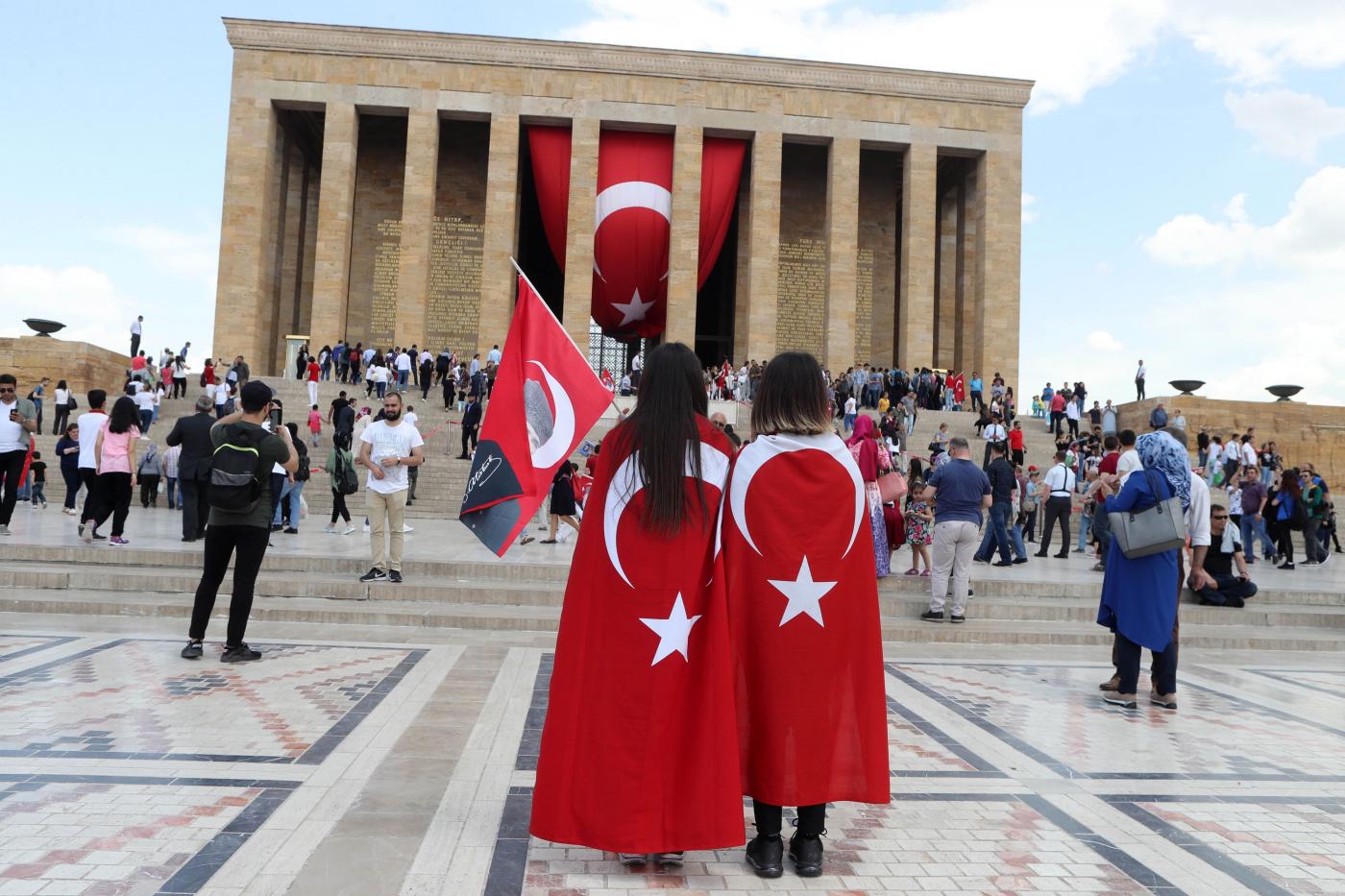
Generally, when we hear “youth and politics,” the issue areas that come to mind are more or less the same around the world: unemployment and education. Turkey, a country with a median age of 31.5, the youngest in Europe, and roughly 13 million citizens between the ages of 15 and 24, is no exception. We often observe, regardless of ideology or party affiliation, that politicians’ statements regarding youth almost always relate to employment opportunities and the quality of education. A majority of political parties have extensive youth branches with highly structured organizational bodies and a couple of youth members within their parliamentary groups or party assemblies. Unfortunately, this is usually a symbolic gesture to keep youth interested in party politics without ceding any real decision-making power.
Leaders within political parties are not necessarily hesitant to discuss youth involvement in politics. However, they rarely offer credible opportunities to engage. But the solution is quite simple: party leaders must recognize the long-term benefit of recruiting younger citizens and encouraging them to participate. Utilizing youth in areas where they are most effective rather than limiting them to traditional youth issue areas, will ultimately keep them involved. This will strengthen the internal policy expertise of political parties in the long run.
Due to intra-party structures, young people are largely unable to partake in policymaking or the political decision-making processes. They are essentially considered, and generally used as, foot soldiers to run errands and fill campaign rallies. Even if some bright minds are asked to provide their own ideas or insights, they are almost exclusively called upon for youth-related issues, which are generally limited to unemployment or education. After consultations with political party officials and after close observation of the political landscape in Turkey, IRI concluded that enabling only a small number of younger participants is not the way to overcome challenges facing younger Turks. Meaningful political participation was never going to come from one-off training sessions or similar traditional program activities that were implemented. More had to be done.
It became clear that the better way to really engage young people is to have them actively participate in the policymaking procedures. Starting in the fall of 2017, IRI engaged more than 50 youth political party members from five political parties (all parties with groups in the Turkish parliament) through its Youth Fellowship Program. The programs consisted of different modules, each lasting four weeks and were dedicated to a specific foreign or domestic policy issue. Topics included education, agriculture, health, energy etc., and featured final debates.
In each module, party officials and experts were impressed by the performances and quality of the work produced by the youth fellows. They were surprised that young people from an eclectic mix of ideological and social backgrounds came together, discussed, and agreed or disagreed on sensitive policy issues in a civilized and productive manner. So far, the policy work done by IRI Youth Fellows has supported their respective parties in their research and legislative processes. This hard work produced official documents in a variety of policy areas in the form of opposition annotations, official parliamentary inquiries, and commission-level discussions.
Finally, the more engaged younger generations are in politics, the more constructive and productive inter-party dialogue will be. As IRI’s program has shown numerous senior political figures in Turkey, the perspectives and civility that young politicians bring to the table are invaluable for solving long-standing problems and eliminating unfounded and shallow prejudices. IRI will continue its efforts to provide support for a more engaging and meaningful political process for younger generations in Turkey through its Youth Fellowship Program. This will create more opportunities to get involved and allow more voices to be heard.
Top